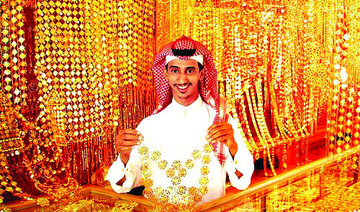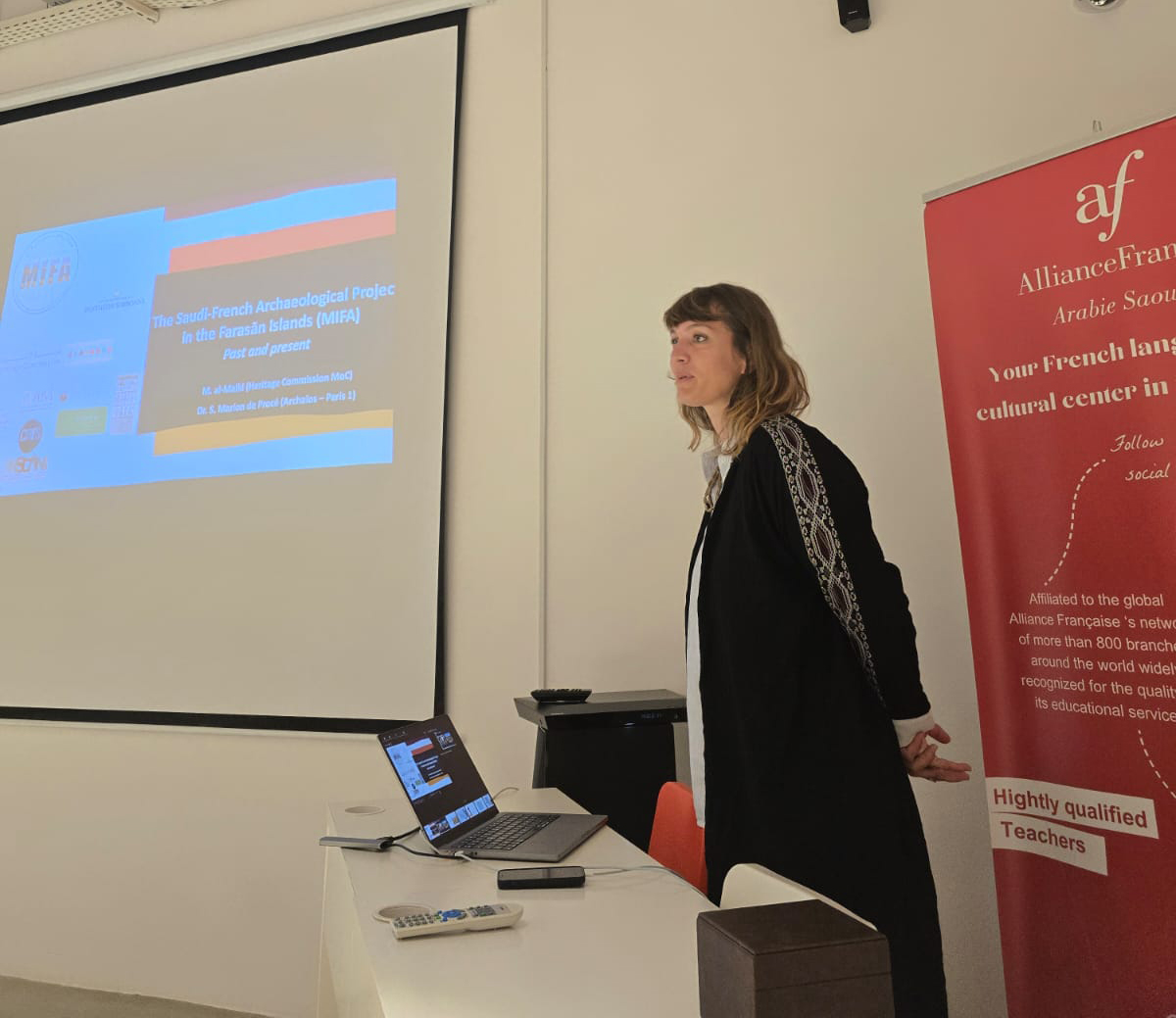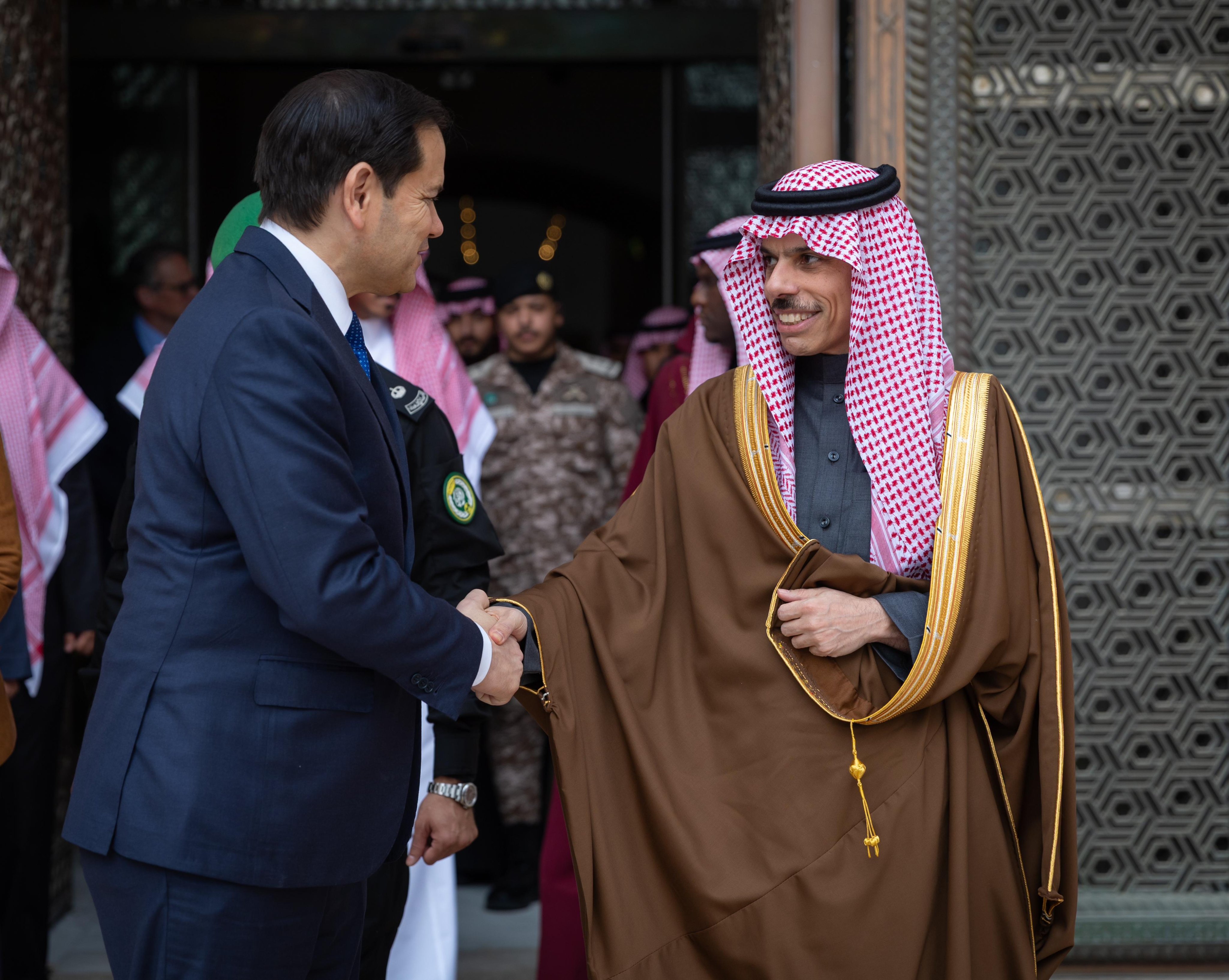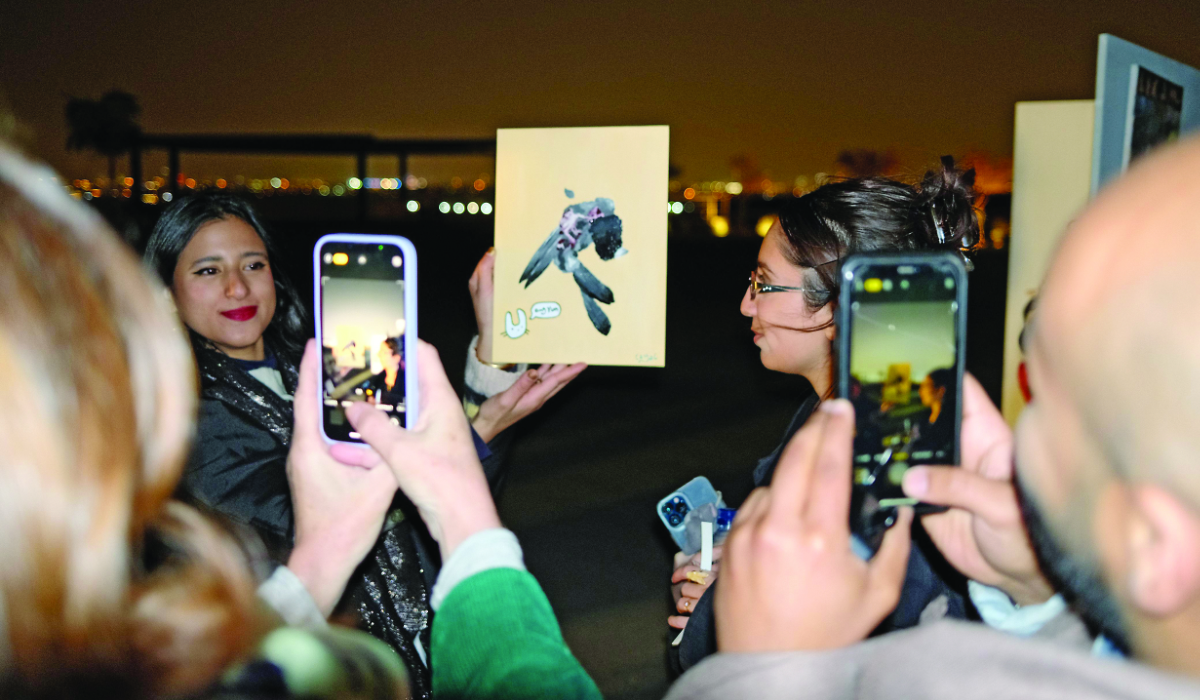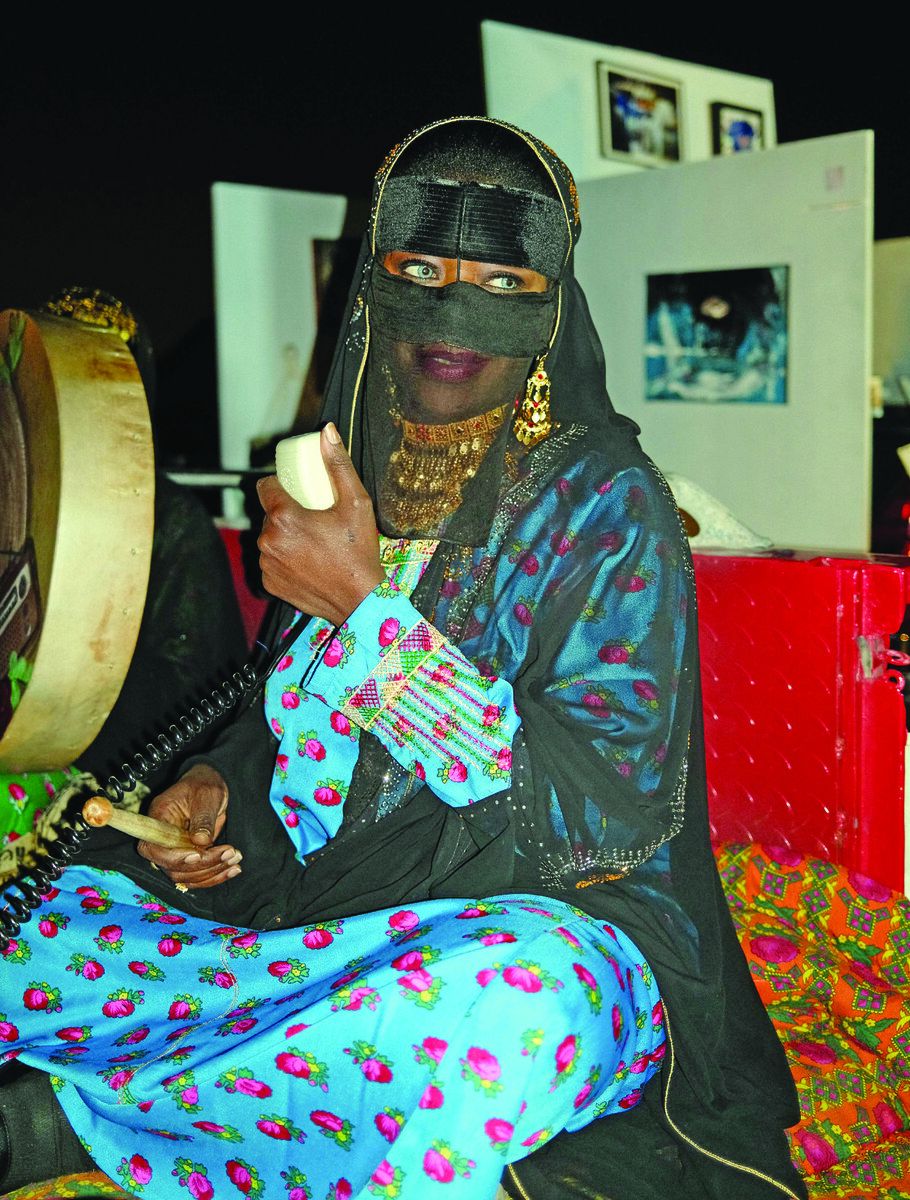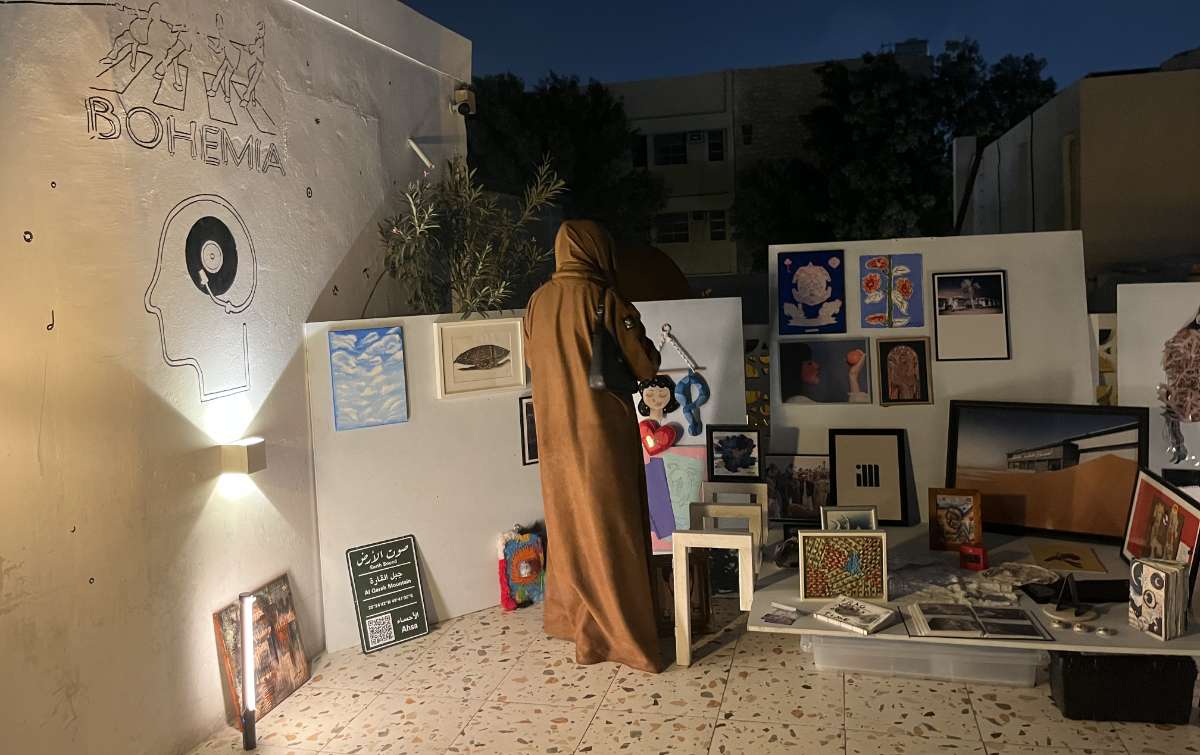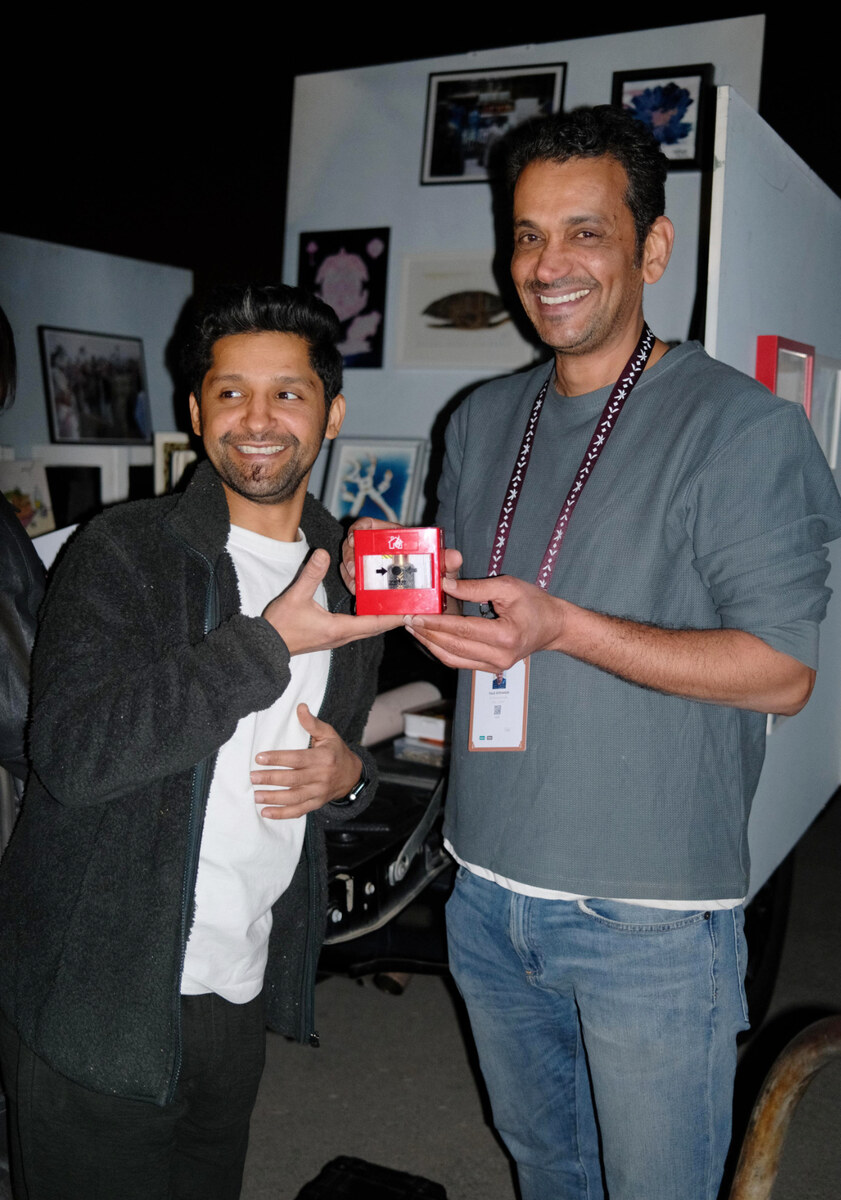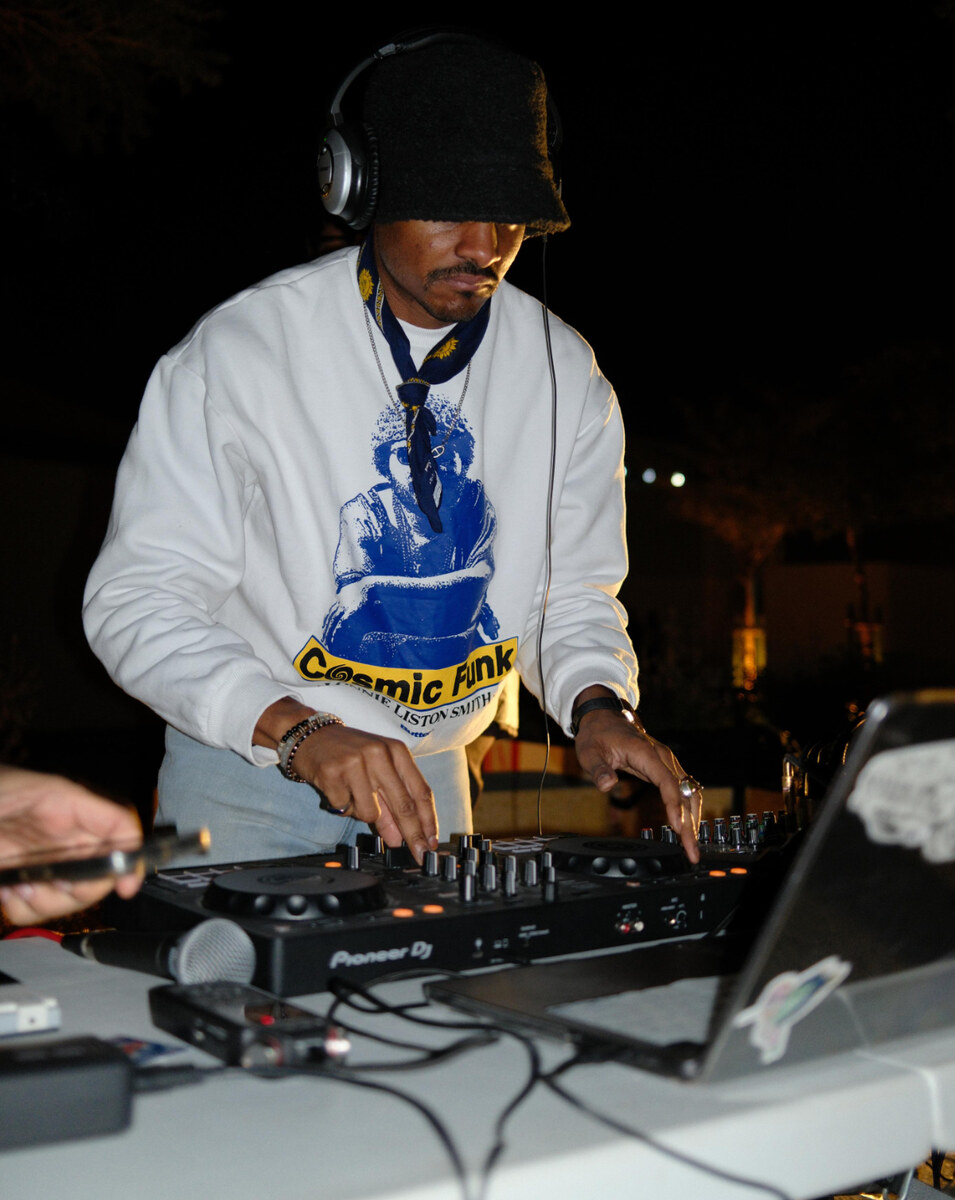JEDDAH: Gold plays a dual role. It is an investment and luxury commodity in times of economic prosperity, but also a haven in times of crisis.
Gold may be able to play a role in restricting the economic damage caused by the COVID-19 pandemic, as precious metals are considered a tool for hedging against inflation and depreciation.
Unlike other commodities like oil, gold has been universally accepted as a form of payment and has a power surpassing that of any other commodity. It has the ability to control the expansion of credit and is a favorable hedge against inflation. It can also function as a safe bet against declining currencies.
Salah Salem Al-Amari, general manager of the Salem Hasan Al-Amari Sons Co., has more than 35 years experience in the world of gold and jewelry. He spoke to Arab News about the importance of gold and its significance in these turbulent times.
“The global gold market has been significantly affected this year due to the pandemic, especially since shops remained closed for a long period of time and salaries had to be paid. But in Saudi Arabia, our government stood beside its people and supported us through the SANED insurance program and helped mitigate the effects and restrict the losses caused by the virus,” said Al-Amari.
Despite the lockdown, sales have dropped since people have become more aware and careful while under lockdown. However, a scramble to spend has been observed since restrictions were eased and many people are buying ingots for investment as well as Saudi gold guinea coins.
“The coronavirus has hit our high season, including summer vacations, festivals, weddings, Ramadan and Eid Al-Fitr,” Al-Amari said, adding: “However, thanks to the government’s decision to increase the VAT to 15 percent, which coincided with the decision to lift the curfew throughout the Kingdom, shoppers rushed to buy gold before the introduction of the VAT and we made great sales.”
Al-Amari said that those who wished to buy gold with minimum loss tended to opt for low-cost jewelry as gifts for others or for themselves and are more likely to buy the jewelry available in their stores.
In my experience, people should buy gold as a safe investment despite the increase in prices, especially since coronavirus is not going away anytime soon and trade disputes between China and the US will weaken the global economy, which would significantly affect the price of gold due to the currency depreciation and devaluation of international stocks.
Salah Salem Al-Amari, General manager of the Salem Hasan Al-Amari Sons Co.
“In my experience, people should buy gold as a safe investment despite the increase in prices, especially since coronavirus is not going away anytime soon and trade disputes between China and the US will weaken the global economy, which would significantly affect the price of gold due to the currency depreciation and devaluation of international stocks,” said Al-Amari.
He added that people are more likely to sell stocks and bonds and rush to buy gold in times of disaster, crisis and conflict. This is why gold is considered a safe investment.
Saudi shoppers and investors are not the only ones rushing to buy and invest in gold. This same scenario is replicated all around the world and experts, economists and analysts are encouraging people to invest in the precious metal during these difficult times.
Gold surged to its highest price in nearly 8 years and is expected to reach new record highs.
“Market prices for gold have reached $1,810 an ounce and I expect it to reach $2,000 before the end of 2020,” Al-Amari said.
While in lockdown and to ensure sales continue despite the situation, Al-Amari’s company utilized the power of social media, where it played a significant role in marketing their products and customers were able to buy their products online and receive them through home delivery.
“Gold is still people’s favorite metal to invest in or own as jewelry,” he said.
Despite the hike in prices, customers are still flocking to his shop.
Talas B., a Syrian resident in the Kingdom and a frequent customer of the shop told Arab News that he has been shopping there for 7 years. “I came today to buy jewelry for a special occasion despite the increase of prices,” he said.
Others are disappointed by the price increases in gold.
Um Abdullah, another customer at the shop, said the VAT increase and gold price hike has affected her shopping.
“The VAT has affected my purchases. I used to buy whatever I like before, but today I have be to very careful. Sadly, I cannot even buy a ring,” she said.








